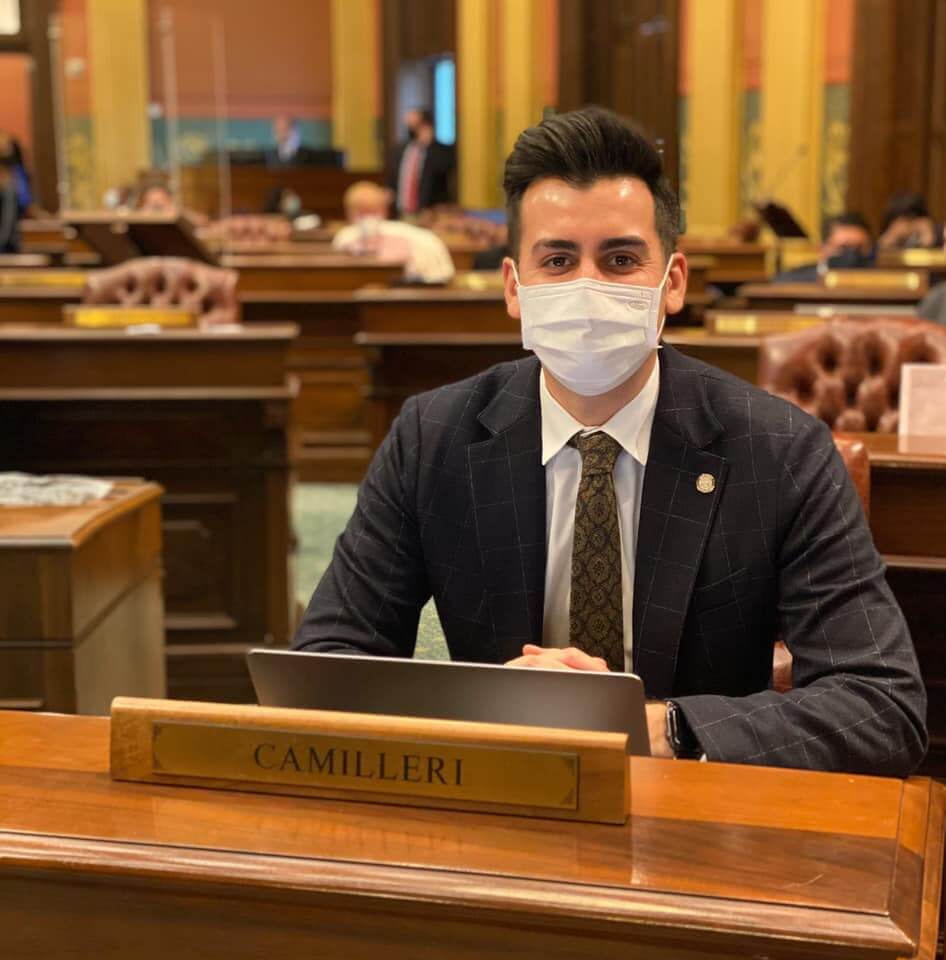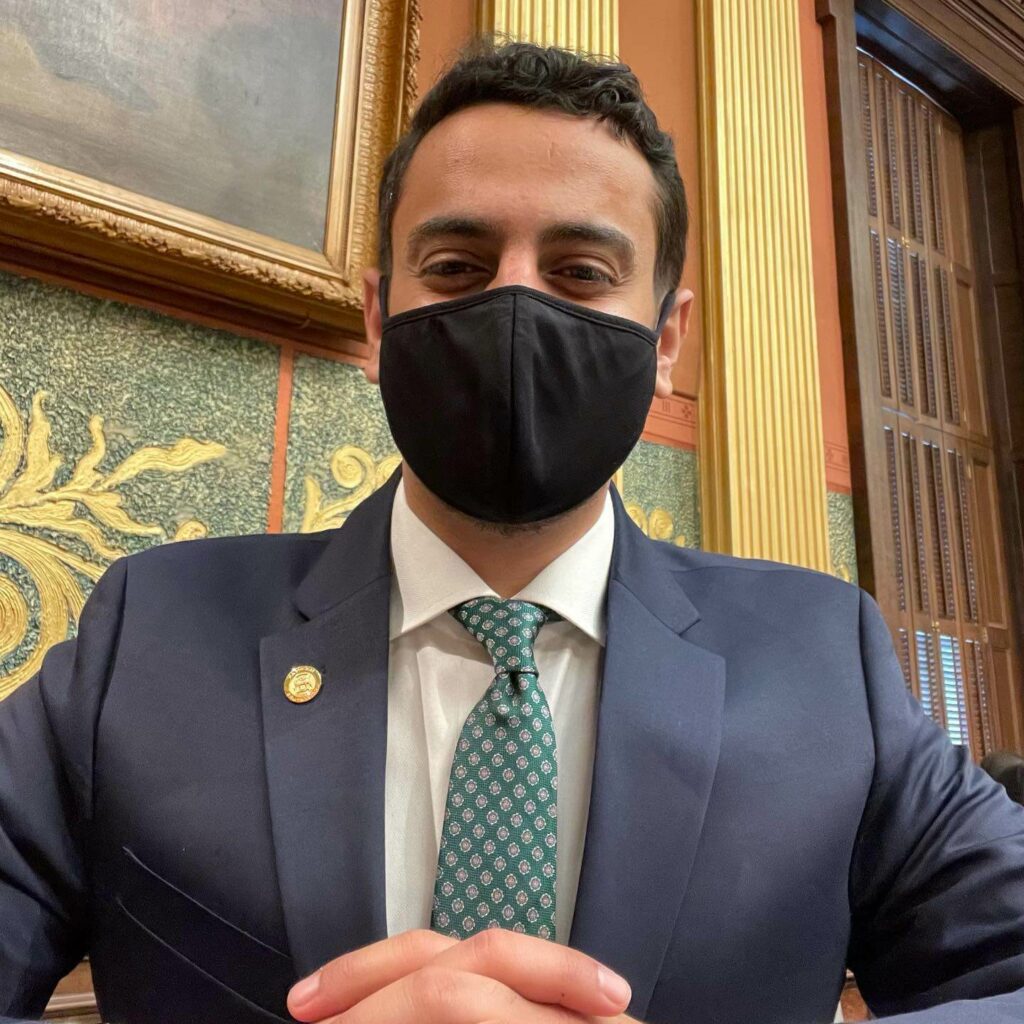Q&A: Childcare in Michigan
This Q&A is excerpted from a State Innovation Exchange telephone townhall featuring Michigan Lieutenant Governor Garlin Gilchrist, State Sen. Mallory McMorrow, and Eboni Taylor, Michigan Executive Director of Mothering Justice.
Answers have been edited for length and clarity.
Childcare access has been a concern for years. What is different now that can finally help parents tackle the problem?
Lieutenant Governor Garlin Gilchrist: You are absolutely right. For too many years, in Michigan and the rest of the country, we've been content with saying that paying for childcare is a parent's responsibility. And we've only made modest investments to help low-income families afford childcare.
That's why we proposed a generational investment in childcare in our recent budget to:
- Expand access to childcare to an additional 150,000 families at low, and in many cases, zero cost
- Compensate child care professionals more fairly and equitably
- Incentivize the creation of childcare businesses in childcare deserts
We've also recently received $1.1 billion to invest in childcare, and we're going to be sharing an even bigger and bolder plan to invest those funds wisely. And I'm optimistic that we're going to find a way to get this done on a bipartisan basis.

Senator Mallory McMorrow: I've been speaking very candidly about my experience becoming a mother, going through postpartum depression, and why taking a 12-week leave was so important to me, even though it's not something that legislators technically qualify for.
I was walking down the street in my neighborhood, and a woman stopped me to say she really appreciated me being vulnerable in that way. And then she asked me, "Can you do childcare next?" She said that as a working mother of two young kids, she was effectively using her entire salary to cover their childcare. But she kept working because she needed the health care associated with her job.
So, in the same way that we invest in public education and guarantee that every child has a right to an education, every child should have the right to quality childcare.
We have such a huge opportunity to radically change how we invest and prioritize childcare in this state, which can completely change our economy moving forward.
Currently, I am caring for my adult, disabled brother and am unable to work. What are we doing to increase access to adult care facilities so that people like me can get back to work?
Senator Mallory McMorrow: I feel this, so personally. My husband and I have a fourth-month-old daughter, and my husband also has an older brother who has Down Syndrome and currently lives with his mother-in-law, who's now in her 80s. So many families are part of this "sandwich generation," where you're taking care of either a sibling or a parent, and your kids as well. Part of the solution to these issues is to invest in in-home care providers across the board because caretaking looks very different for many people.
This way, we can enable people to continue their retirement or continue working rather than having to put their entire life on hold to care for family members.

I am a grandmother, and my daughter is a single parent. She works midnight shifts, so I have to take care of my granddaughter throughout the night and morning. Is there some type of system where I'm considered a caregiver and paid as such?
Senator Mallory McMorrow: I'm not aware of any programs right now that allow for compensation in a situation like yours, but I think that is something we should absolutely look into because there are so many people who are in multi-generational care situations, caring for grandkids, parents, and other family members.
In other areas of law right now, you can get paid as an in-home caregiver. For example, if your loved one or your family member gets in a catastrophic accident and you're their part-time caregiver, you can be reimbursed.
Eboni Taylor: You are what we at Mothering Justice call an "other mother," which is the term that we use to describe people in the informal childcare space.
We are working diligently to think about "other mothers" all the time. We have an entire strategy dedicated to clearing a better pathway for people like you to become a licensed care providers, such as waiving certain fees and increasing pay for license-exempt child care providers.
Connect with your elected leaders
(If you don't know who your state legislators are, look them up using our tool!)

Garlin Gilchrist
Lieutenant Governor

Mallory McMorrow
michigan State senator


